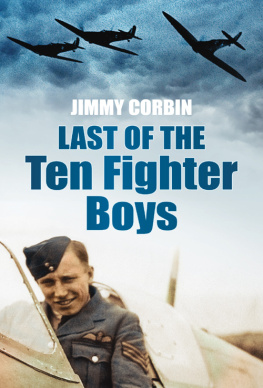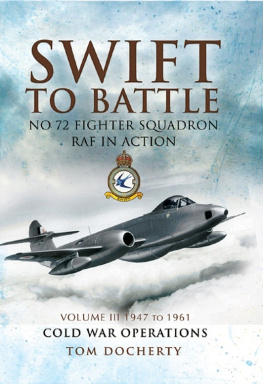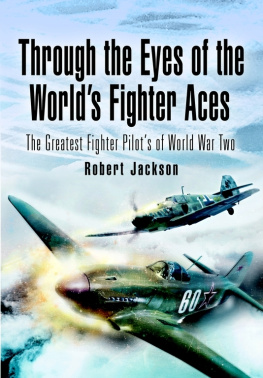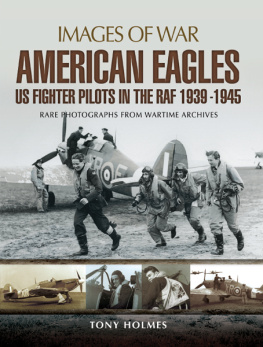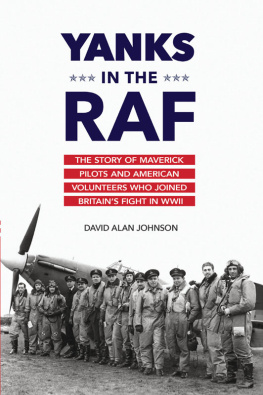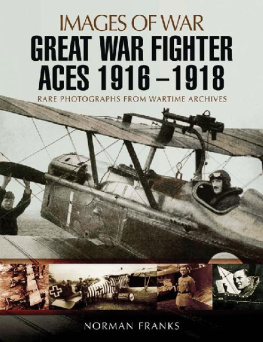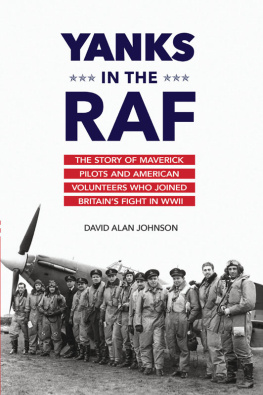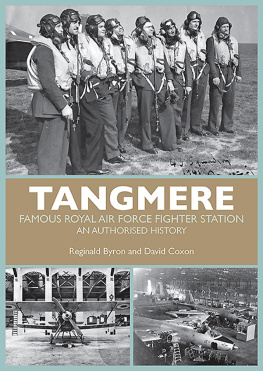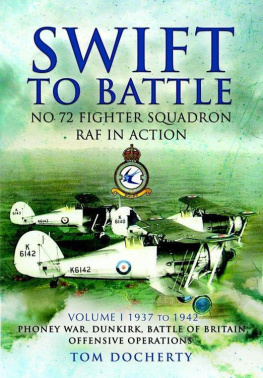THE
FLYING GREEK
Related Titles from Potomac Books
Jungle Ace: The Story of One of the USAAFs Great Fighter
Leaders, Col. Gerald R. Johnson by John R. Bruning
Red Partisan: Memoirs of a Soviet Resistance Fighter on the
Eastern Front by Nikolai I. Obrynba
Spitfires, Thunderbolts, and Warm Beer: An American Fighter
Pilot Over Europe by Philip D. Caine
THE
FLYING GREEK
AN IMMIGRANT FIGHTER ACES WWII ODYSSEY
WITH THE RAF, USAAF, AND FRENCH RESISTANCE
Col. Steve N. Pisanos, USAF (Ret.)

Copyright 2008 Potomac Books, Inc.
Published in the United States by Potomac Books, Inc. All rights reserved. No part of this book may be reproduced in any manner whatsoever without written permission from the publisher, except in the case of brief quotations embodied in critical articles and reviews.
Library of Congress Cataloging-in-Publication Data
Pisanos, Steve N., 1919
The flying Greek : an immigrant fighter aces World War II odyssey with the RAF, USAAF, and the French resistance / Steve N. Pisanos.
p. cm.
Includes bibliographical references and index.
ISBN-13: 978-1-59797-078-5 (hbk. : alk. paper)
1. Pisanos, Steve N., 1919- 2. World War, 1939-1945Aerial operations, American. 3. World War, 1939-1945Aerial operations, British. 4. World War, 1939-1945CampaignsWestern Front. 5. World War, 1939-1945Underground movementsFrance. 6. World War, 1939-1945Personal narratives, American. 7. Fighter pilotsUnited StatesBiography. 8. Greek AmericansBiography. I. Title.
D790.2.P57 2008
940.544973092dc22
2007050087
ISBN-13: 978-1-59797-078-5
(alk. paper)
Printed in the United States of America on acid-free paper that meets the American National Standards Institute Z39-48 Standard.
Potomac Books, Inc.
22841 Quicksilver Drive
Dulles, Virginia 20166
First Edition
10 9 8 7 6 5 4 3 2 1
This book is dedicated
to all of the aviators who fought Americas enemies during
World War II and the wars in Korea and Vietnam;
my parents; my wife, Sophie; my children,
Jeffrey and Diane; and my boyhood friends.
CONTENTS
FOREWORD
This is a remarkable book. Steve Pisanos has an incredible memory for seemingly every detail of his adventurous life. I would not have believed he had such a talent for autobiographyor, for that matter, for history itself. Although, as I review our first meeting, I know I should have been wise even then.
My assignment as a United Press correspondent during World War II was covering the air war. One of my favorite airdromes to visit was Debden, just outside the English Midland town of Saffron Walden. Debden was occupied by undoubtedly the most colorful collection of fighter pilots in the U.S. Army Air Force. These pilots were so eager to enter the war they had joined the British Royal Air Force (RAF) long before Pearl Harbor brought their native homeland into the conflict. They were shipped to England via Canada and formed three RAF Eagle Squadrons, the 71, 121, and 133. Their RAF training and their gung-ho spirit immediately took a toll on the German Luftwaffe. Their enthusiasm for tangling with the Nazi foe gave a special character to their base, which was a great place for a correspondent to uncover the stories of the aerial conflict that would play a major part in the Allied victory to come.
Fairly early on in their English sojourn, the United States joined the war and the three Eagle Squadrons were absorbed into the U.S. Army Air Force. The groups would always be considered the Eagle Squadrons, but their official designation became the 4th Fighter Group of the 8th Fighter Command.
On one of my visits to Debden, one of my (now) good friends, a great pilot named Deacon Hively, asked if Id met one of the pilotsa man who was not American but actually Greek.
Hes a great little guy and a helluva pilot, I recall Deacon saying, but his English isnt so hot. Hes got a great story but I dont know about the English. Anyway, youve got to meet him.
I did meet him, and of all the people Ive interviewed in a lifetime of journalism, Steve Pisanos ranks right among the most interesting. He was a good-looking chap, neatly groomed in his flight suit, and had a winning smile that covered his chagrin at not finding in the English language the exact word he was seeking. He spun the almost unbelievable story youll find in extraordinary detail in this volume. I knew I had a great article in my notebook: a dramatic story of a poor boy from Greece who was so determined to fly that he defied his parents and the laws of several nations to come to what he was certain was the land of opportunityAmerica. His is a Horatio Alger story, set in the exciting world of flight and deadly duels above the clouds, capped with success and recognition beyond even his seemingly impossible dreams.
With that story in my notebook, I reluctantly took my leave of 4th Group that day at Debden and caught the train for London. As they so often were in wartime England, the train was jammed with people and I had only standing room in one of the coaches. We had been under way for twenty minutes or so when the train was shaken with such a roar that passengers, I among them, cried out in fear and ducked away from the windows. We were being buzzed at extremely low altitude by a P-47, the newest of the American fighter planes, given the name Thunderbolt, probably because of their powerful engines and deafening noise.
The plane that had buzzed us made another pass, and this time the daring pilot wagged his wings as he sped over us. I guessedand established later that I was rightthat it was my Greek lieutenant wishing me good-bye.
I was warmed by his gesture and overheated by my fellow passengers comments. One of the more complimentary statements was along the lines of Look at that damned fool American! Hell kill us all!
He didnt kill any of usbut before the war was over, he had a record number of kills of German bombers and their fighter escorts in aerial duels, he escorted our B-17s over continental Europe, and he helped protect England from the Luftwaffes desperate last stand.
My interview with this amazing young pilot was printed in Stars and Stripes and the British press, and I like to think my article played a part in Steves selection as the first foreigner to be awarded American citizenship for volunteering to fight with our military forces. His story is one of a young boy who dreamed of flying and, with remarkable determination, ambition, and courage, made his dreams come true and helped win World War II.
Walter Cronkite
New York, New York
February 2005
ACKNOWLEDGMENTS
Writing the story of my life was like taking a journey to an unknown destination. I have spent countless hours, days, and nights during the past eight years putting down on paper the episodes and adventures I have experienced since I came into this world. I used my memory, which is still good considering the bygone years, and notes that I have kept since childhood.
Even though my writing experience was somewhat limited in 1995, I started recording my odyssey in longhand from the beginning. I chose not to reveal my story to a ghostwriter or to dictate it into a tape recorder, as some of my friends had suggested. The task of writing my story myself was not as simple as I first thought it would be. I struggled throughout the process, changing and rewriting each chapter, to ensure that the events of my life were presented exactly as they had occurred.
Next page

